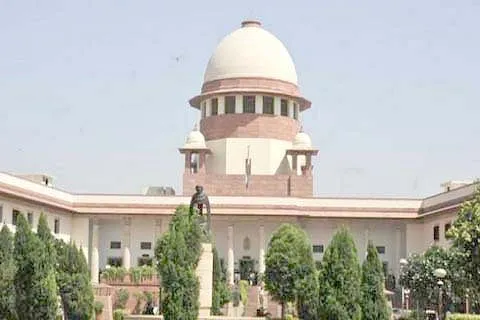New Delhi, Jan 20: The Supreme Court on Friday held that chargesheet filed in criminal cases by the police and other investigative agencies cannot be put in public domain for free access, saying it is not a public document.
Dismissing a Public Interest Litigation (PIL) seeking free public access to chargesheets, a bench of Justices M R Shah and C T Ravikumar said uploading a chargesheet would be contrary to the provisions of the Code of Criminal Procedure (CrPC).
The bench termed as “misplaced” the reliance made by Advocate Prashant Bhushan on the Court’s judgment in the Youth Bar Association Case in which directions were issued to the police to upload the FIRs in website within 24 hours except in sensitive cases like rape and sexual offences.
The top court was hearing a plea filed by journalist Saurav Das seeking free public access to the charge sheet by police in accordance with Section 173 of the Code of Criminal Procedure.
“To induce transparency, it is incumbent for the respondents [Union and the States] to make available chargesheets on their websites and enable public access so that the citizenry can stay informed, and the Press can faithfully and accurately report on criminal trials,” the petitioner had argued.
The SC in its judgment in July 2022 in the Youth Bar Association Case had held that neither showing the Enforcement Case Investigation Report (ECIR) nor supplying the accused with a copy of the document was a violation of constitutional rights. The court had justified that the ECIR was an “internal, departmental document.
Bhushan had argued that the court itself in the Youth Bar Association of India judgment, reported in 2016, had directed the public disclosure of FIRs on police/State websites.
“The logic of disclosure applies more strongly to chargesheets, for while FIRs are based on unsubstantiated allegations, chargesheets are filed after due investigation,” he had argued.
Both the recording of an FIR and filing of chargesheets were acts of public officials in the discharge of their official duties. The Criminal Procedure Code, Evidence Act, and the Right to Information Act, if read concurrently, would envisage that a chargesheet was a public document, and thus available for public disclosure, Bhushan had submitted.






